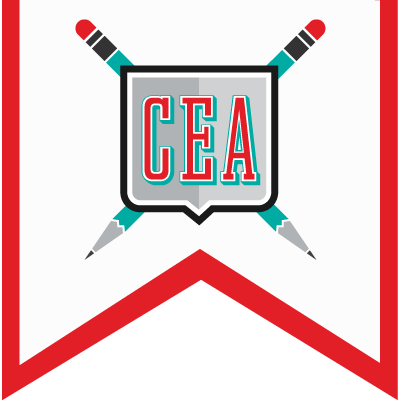Find out how to make the most of it.
8 Pieces of Resume Advice You NEED to Hear Before Applying for an Internship
 Can you hear it? There’s summer, calling you. It’s right around the corner!
Can you hear it? There’s summer, calling you. It’s right around the corner!
Okay, it’s not right around the corner, but it will be here before you know it; which is why now is the time to secure a coveted internship slot that will augment your current interests and expose you to new ones. Like many high school (or college) students, you may not have a shiny resume all prepped and ready to send off so you can secure the summer work experience of your dreams. Which is why we’ve compiled some simple tips to help you pull together a clear and comprehensive representation of who you are and what you have to offer.
1. Begin to collect all of your accomplishments asap.
Make a comprehensive list of your school activities, work experience, awards, even interests, if you think they might apply. Keep this list going throughout the year – eventually you will be able to add accomplishments right onto your awesome new resume!
2. Find a sample to give you an idea of relevant categories and formatting.
Googling “Internship Resume Sample” should do it! Common categories you will want to cover include, Education, Work Experience, Leadership Experience and Community Service.
3. Should you include an Objective?
We don’t think including an Objective at the top of your resume is necessary, as your objective is usually outlined in the cover letter that will accompany your resume. That said, if you do want to include one, make sure it succinctly captures what kinds of skills and experiences you are hoping to obtain at your internship. If you apply to a variety of positions, make sure to adjust your Objective accordingly.
4. For each experience you list on your resume, include critical details.
Location, position and the amount of time spent involved in the activity should accompany a few bulleted responsibilities. Keep these bullets succinct and to the point. If you have quantifiable metrics, like number of dollars raised by your fundraising efforts or amount of people recruited for an intramural volleyball team, include those details. Also emphasize any management duties (did you spearhead a small team?), new skills learned (do you now know how to manage a corporate social media campaign?) and end products you helped to create (did you build a website?).
5. Use a clean, simple layout.
Unless you are applying for a graphic design position (where you can feel a bit more freedom to experiment), keep your resume layout basic and easy to read. Also make sure font and spacing are consistent.
6. We don’t think we have to say this, but grammar counts.
So does spelling. Punctuation counts and consistency is everything. It doesn’t matter if you end your bulleted descriptions for each job with periods or not, as long as you treat each line in the same way.
7. Cover letters matter.
Some people may tell you otherwise, but those people are WRONG. Especially when you are starting with a fairly modest amount of work experience backing you up, your pointed interest in a position, as evidenced in a carefully crafted cover letter, can often be the key to moving on to the next phase of the recruitment process. A cover letter should not be a repetition of your resume, but merely a summary of the most relevant items from your experience and how they specifically apply to the position in question. Mentioning how you heard about the job posting, why you are interested in the job or any other personal connection you may have to the company you work for (you use their products!) can all be helpful in winning over a recruiter.
8. Almost all of the best internship positions advertise and fill their slots early, so don’t wait.
Search on places like Craigslist, Internships.com or target a company’s website if you think you might be interested in a position they have to offer. And do it now!










